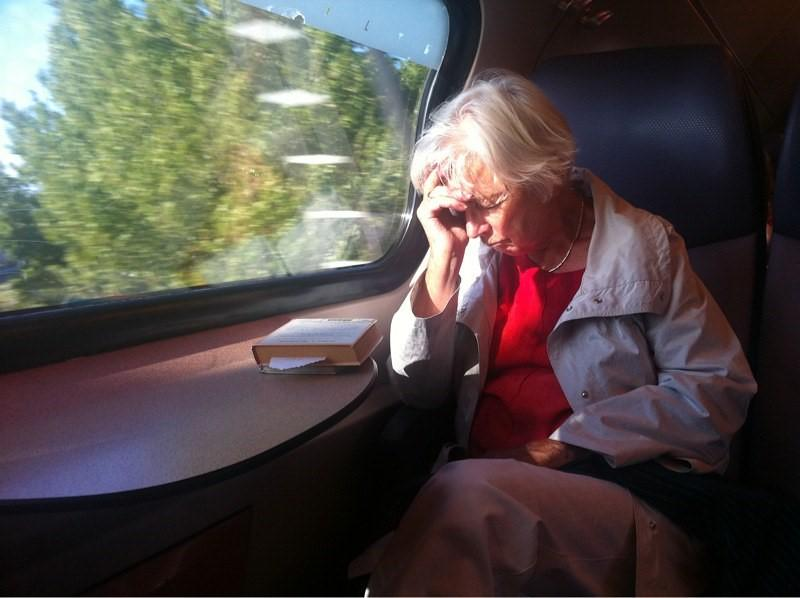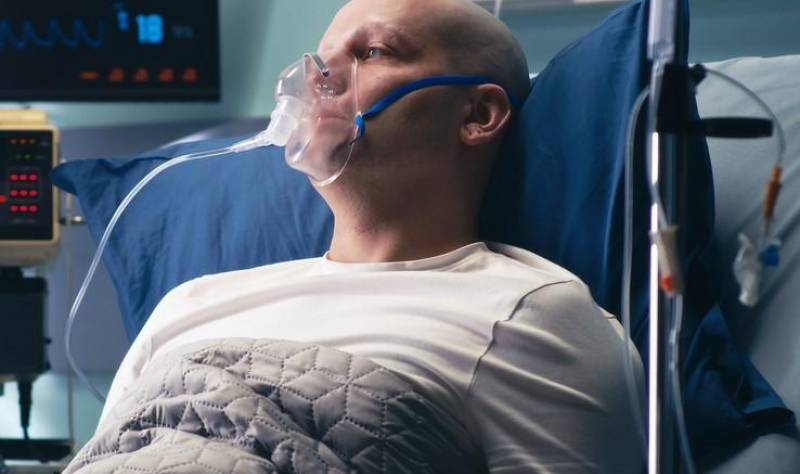San Jose artists, musicians rebuilding after COVID-19
San Jose artists, musicians rebuilding after COVID-19 The Mercury News


Editor’s note: This story is part of the annual Mosaic Journalism Workshop for Bay Area high school students, a two-week intensive course in journalism. Students in the program report and photograph stories under the guidance of professional journalists.
The COVID-19 pandemic impacted many aspects of everyday life, including schooling, working and housing. Arts and culture — made through performance and people — also were affected to a huge degree in San Jose.

Imran Najam-Noveno, public programs and communications associate at the Institute of Contemporary Art in San Jose, and artist Creo Noveno-Najam opened a DIY gallery called 3F in Japantown in April 2019. The art space was community oriented, with a philosophy to create a space for local and emerging artists in the Bay Area. Then the pandemic hit.
“We could do our art work, but during the time there was no one in the streets,” Najam-Noveno said.
Because the space was self-funded, the five people involved had to pull money together to keep the gallery open. It closed in March 2020.
“The opportunities that have disappeared as a result of the pandemic made it hard for creatives to survive,” Creo Noveno-Najam added. They hope to one day reopen their space.
Globo Cons, a band made up of San Jose high school students – Will King, Jesse Zalk, and Aidan Shattuck – had its struggles as well during this time. Describing their music as the “modern evolution in rock and roll,” King said his music writing suffered when the pandemic first started.
“I basically had lost all ability to write words,” he said. “It felt like there was so little happening that I felt I could properly write about.”
The band is releasing its second album, “Billy and the Hummus Men,” in July and will perform music from it on June 25 at the Art Boutiki in San Jose. But Zalk said there’s still a danger in performing after the pandemic. Because of this new drive to get back out there, performers aren’t always thinking of the health and safety of all people.
“I think the collective spark among young people for creating is inspiring, but a lot of empathy is lost along the way due to the urgency that’s now apparent,” Zalk said.
Cherri Lakey, co-owner of Anno Domini Gallery in downtown San Jose, has a different perspective. The gallery, which is rooted in street art and artist activism, opened as soon as Santa Clara County allowed retail operations to reopen during the pandemic.
“Because if art is not needed during times of crisis and solitude when is it?” Lakey said. “Our foot traffic was definitely down a lot, but everyone who was here needed it and it was a time of learning.”

A DJ for more than 20 years, Rick Villa saw a drastic change in his business in the Bay Area. The pandemic resulted in large gatherings like weddings and graduation parties being canceled, and those events are where DJs are often hired. He said DJs have had to reshape their marketing and are still struggling today.
“Many had to reinvent themselves by using online platforms to get their music out,” he said, “and I have seen DJs struggle and have rough times.”
But he hopes that venues will continue to reopen and things may go back to how they once were.



